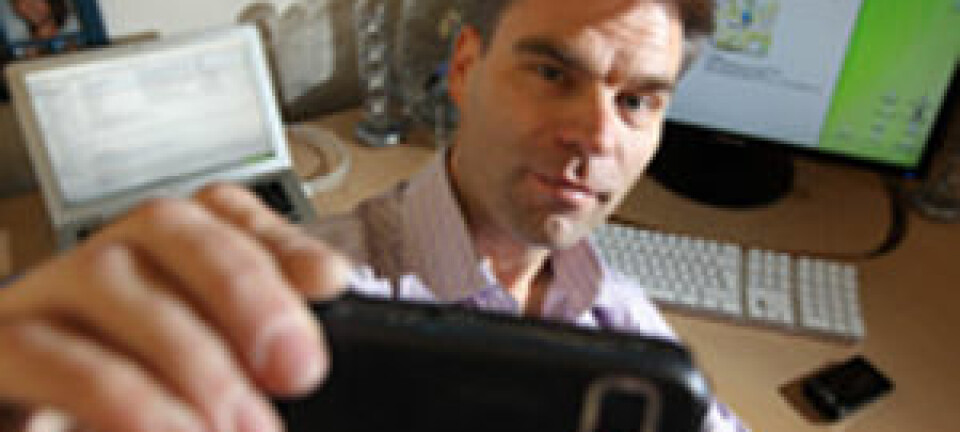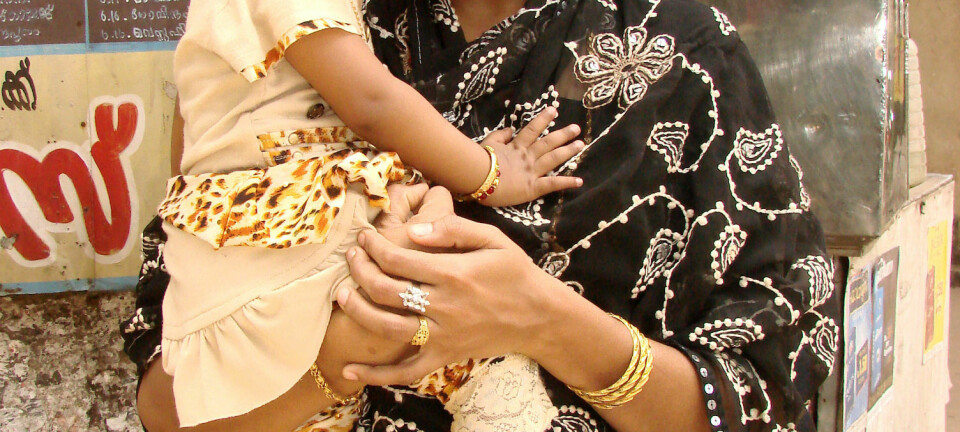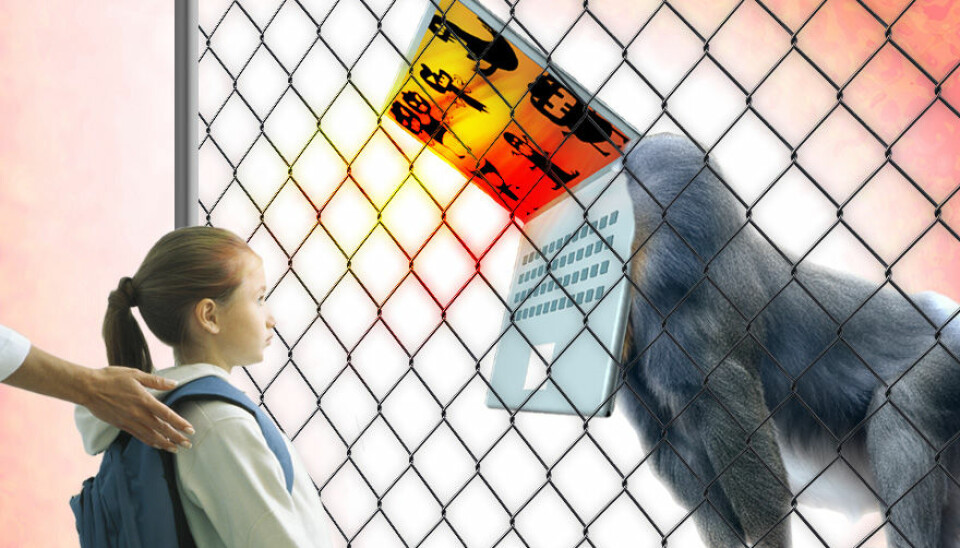
Cyber-bullying is worse than porn
Porn is not the most harmful online threat to children. It’s cyber-bullying among youngsters, and child protection filters have no way of stopping that.
Denne artikkelen er over ti år gammel og kan inneholde utdatert informasjon.
Most of the initiatives to protect children when it comes to their use of the internet have been ad-hoc, according to media researcher Elisabeth Staksrud. She says media panic often sets in, and there is an urgent feeling that someone must do something.
Staksrud was formerly employed at the Norwegian Media Authority and has extensive experience studying the effectiveness of measures to keep kids safe in cyberspace. Her studies also include ways in which the EU deals with the problem.
“Nobody sits down to calmly figure out the problem," she says. "What is it that children actually experience as harmful on the web, what leads to damage and who are the children that are affected?”
This is one of Staksrud’s points in her doctoral dissertation, which she presented this week at the University of Oslo’s Department of Media and Communication.
Porn versus child bullying
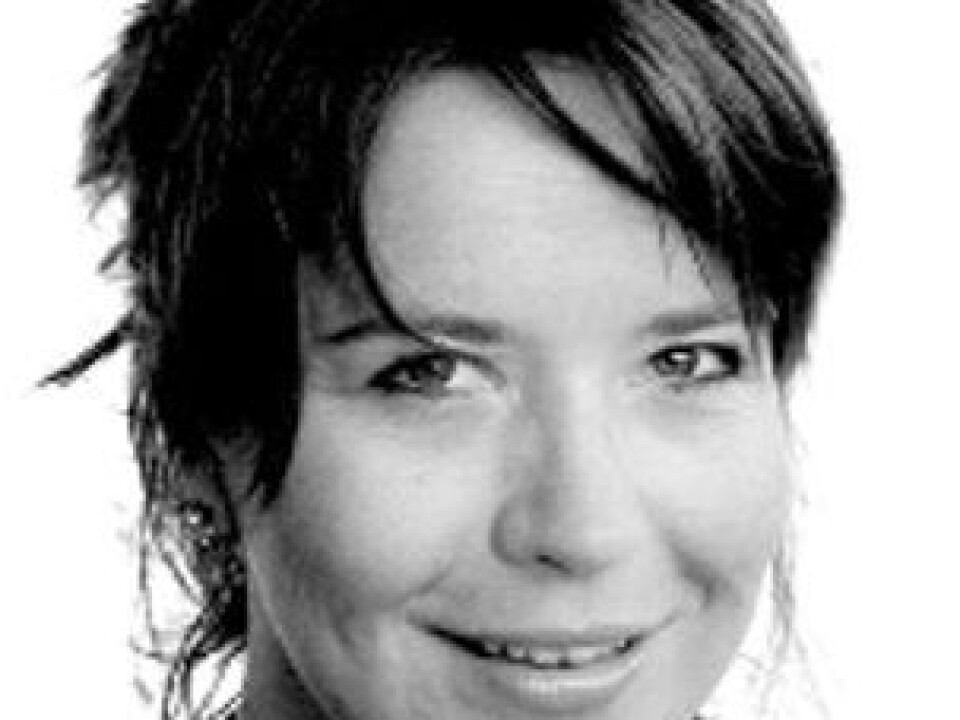
In Norway the internet isn’t censored except for the indecent material that is caught in collaboration between web providers and the National Criminal Investigation Service in attempts to limit access to sexual images of children on the internet.
This is a voluntary collaboration − most of the main web providers have entered an agreement with according to the Norwegian Media Authority.
Other countries, such as Australia, have stronger censorship, justified in part by a wish to protect kids from web threats. Some countries practice porn censorship on a national basis.
In certain cases campaigners have been demonstrated to have ulterior motives for seeking to implement laws, regulations and technical solutions restricting such content.
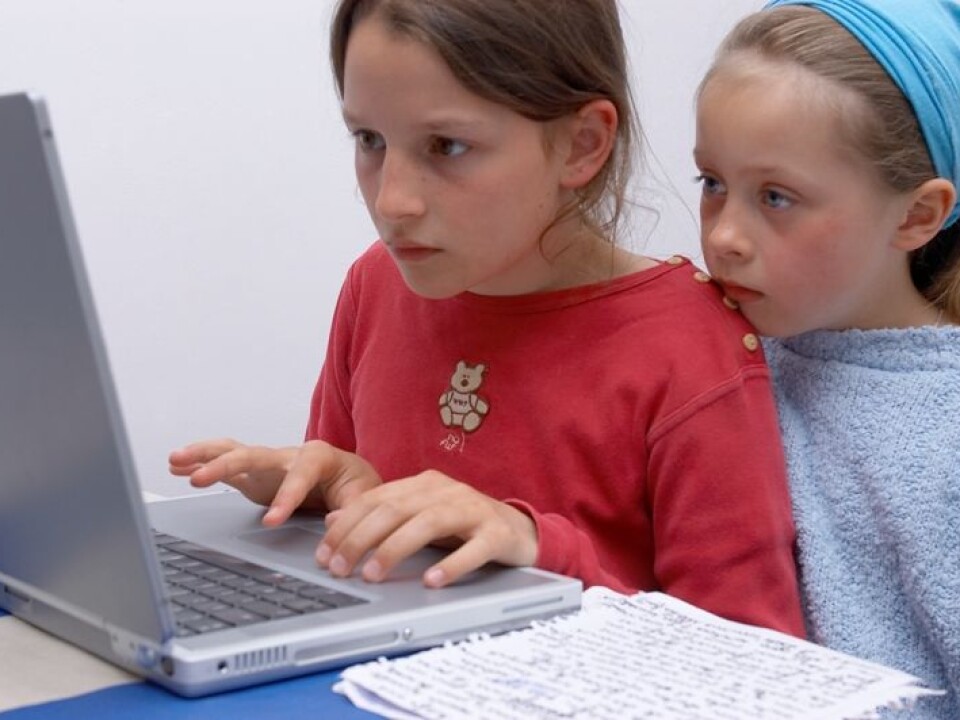
Staksrud thinks some have simply used children as decoys for censorship they also want for other reasons.
“Some players have admitted they find child porn useful because politicians react to it and are willing to legislate,” she says.
“When politicians implement countermeasures, the same statutes, regulations or technical solutions can be used to fight other content, such as copyright infringements.”
Filters on your home PCs – of any use?
When it comes to our own homes, many parents with good intentions about protecting their children have had telecoms set up filters which censor certain types of content on the web, such as porn.
But do children need to be protected from ever chancing upon porn?
Staksrud’s study makes use of several other studies of Norwegian children which focus on their actual risk experiences on the internet. According to the researcher these findings indicate that porn is generally not experienced as a problem by the kids and does not lead to any long-term damage.
In the long run, being bullied by their peers is the most detrimental online experience for kids. Nevertheless, all the parents in a study Staksrud refers to are primarily concerned with the effect of porn on their children.
She says that even though there will always be some unpleasant and impressionable material online, it isn’t necessarily damaging.
“All children will run into risks on the internet but most of this won’t do any harm. But what really does cause long-term damage is cyber-bullying.”
Not getting sufficient focus?
Terje Pedersen is an advisor at the Norwegian Media Authority and responsible for the agency’s website on netiquette.
He goes along with the claim that the focus could be too much on content assumed to be harmful for kids, rather than on the kids’ own online behaviour, which can include bullying.
“True, that can’t be ruled out. The social media are increasingly becoming an element of children’s daily lives," he says.
"It’s as natural for them to talk on Facebook as to meet in person. So I think those of us who work with web protection need to have more focus there. Obviously censorship can’t hinder what Staksrud is revealing about the effects of cyber-bullying.”
However, Pedersen thinks internet filters are definitely beneficial, for instance the ones that censor websites which fleece kids of money by installing certain programs.
Could it be a disadvantage for kids when they are hampered from using the internet in the same way that adults do?
“We don’t take a stand on filtering but we do inform parents that they can activate filters that block porn,” says Pedersen
“It might not be all that good for a five-year-old to come across bestiality when making a web search using the word ‘horse’, for instance.”
He thinks that parents need to get serious about the digital upbringing of their kids and not just rely on filters.
"They are the ones in command of ethics, morals and how you should behave in this world."
Join your children online
“Our findings about what comprises children’s real risk experiences on the web challenge the way we talk about children and the media,” says Staksrud.
“Many view this essentially as a matter of protecting children from menacing adults and technology. But they don’t comprise the biggest internet risk for children.”
According to a study by the Norwegian telecom Telenor, 66 percent of children aged 10-15 say they or their friends have received bullying messages on the internet or mobiles. And 14 percent say this is a common problem.
While many parents opt to use internet filters to protect their children, few consider the possibility that their own kids are bullying others, according to Staksrud’s study.
“Comparative studies of parents about their own kids’ use of the internet characteristically reveal they worry about quite a lot, but they aren’t reflecting on the possibility that their own children are victimising others,” she says.
Her study indicates what parents should do to protect their children from internet risks.
“Talk to your kids. Across Europe the youngsters who are generally best at tackling the internet are the ones whose parents have positive attitudes and play active roles in their use of the web. The best thing to do is get involved as early as possible. That’s when kids think it's fun to have their parents take part.”
----------------------
Read this article in Norwegian at forskning.no
Translated by: Glenn Ostling







